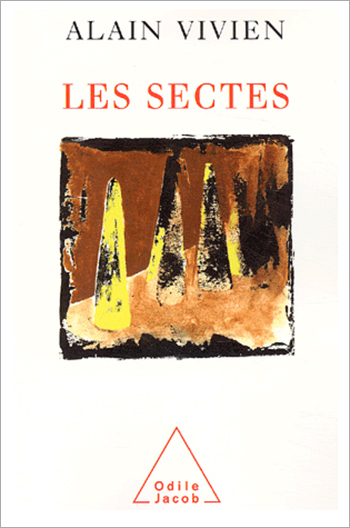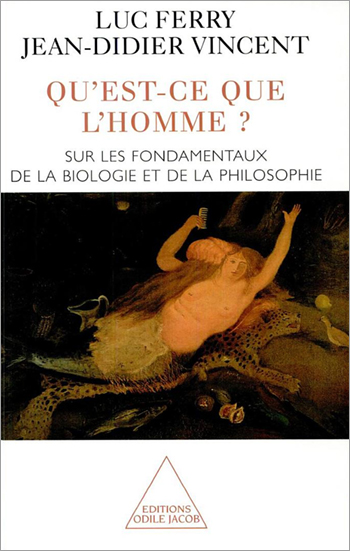Catalog All books
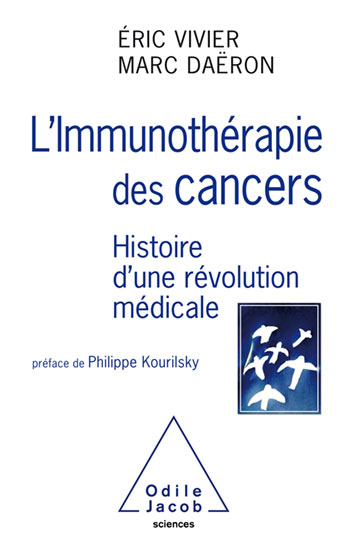
Éric Vivier, Marc Daëron
Immunotherapy of cancers History of a medical revolution
This book tells the story of the research and ideas that led to this medical revolution.
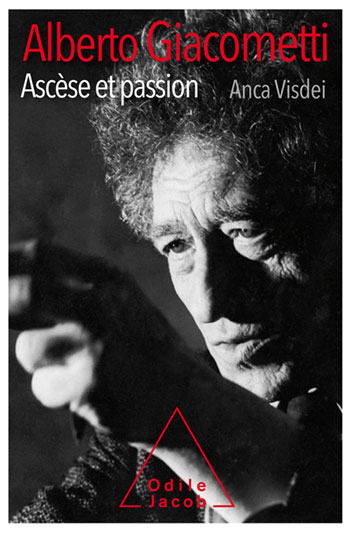
Anca Visdei
A Biography of Alberto Giacometti
A fascinating narrative that recounts the life of a major artist and his relationship with his work and with creation, in which relationships with those close to him, notably with his mother, played an important role.
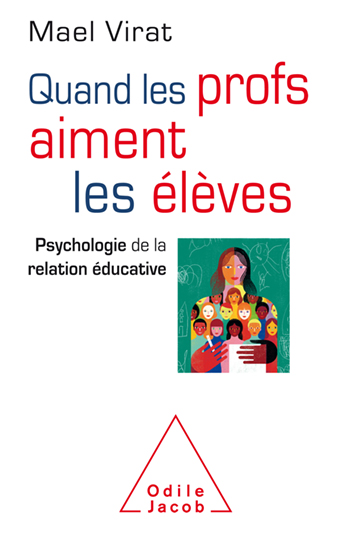
Mael Virat
When Teachers Like Students The Psychology of Education-based Relationships
With supporting documentation, a book that fights a tenacious taboo that is completely out-of-sync with recent advances in psychology!
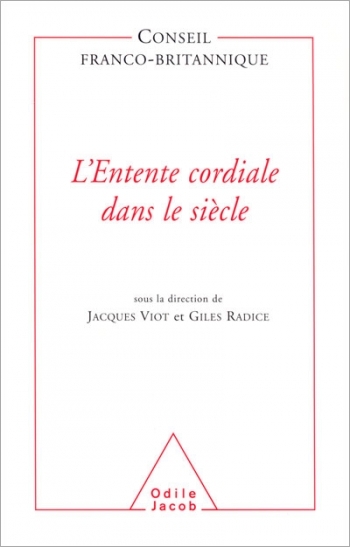
Conseil franco-britannique, Giles Radice, Jacques Viot
A Century of the Entente Cordial Franco-British Council
The publication of this book commemorates the centenary of the signing of the Entente Cordiale, a key date in Anglo-French relations. T
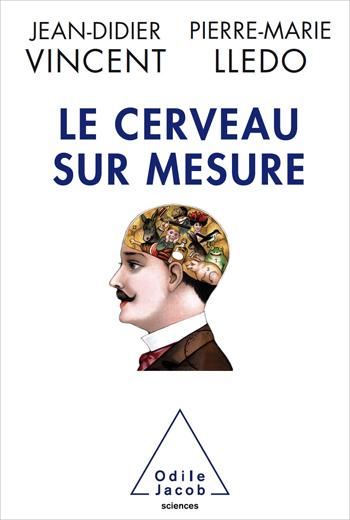
Jean-Didier Vincent, Pierre-Marie Lledo
The Made-to-Order Brain
The neurosciences are making it possible to repair, modify and enhance the brain, heralding a revolution for all of us

